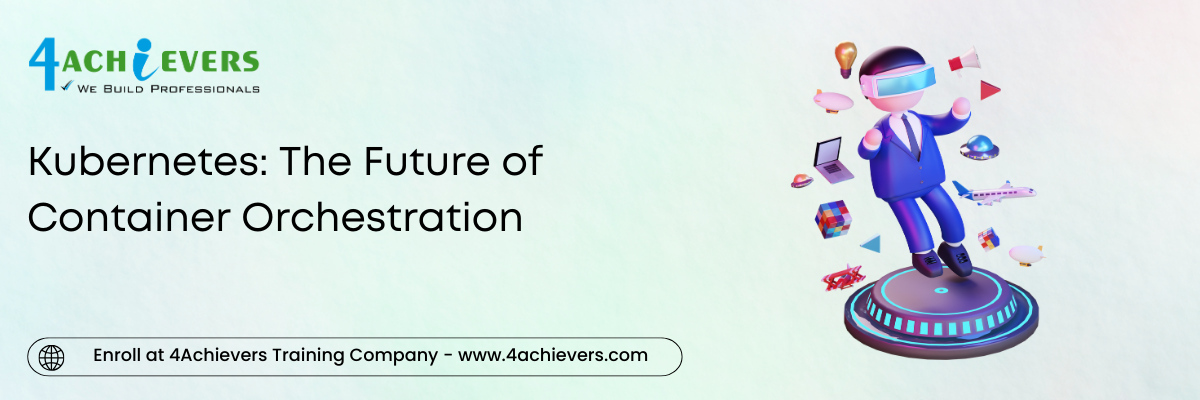Kubernetes: The Future of Container Orchestration
Kubernetes is quickly emerging as the leading container orchestration technology of the future. It is an open-source platform that automates the deployment, scaling, and management of containerized applications. Kubernetes has become the de facto standard for container orchestration, and is being widely adopted by organizations of all sizes across the globe.
Kubernetes offers a number of advantages over traditional infrastructure management. It is able to manage a large number of containers across multiple nodes, while providing a high degree of scalability, reliability, and security. It also allows for easy deployment of applications across multiple environments, including on-premise, cloud, and hybrid. Additionally, Kubernetes can be used to manage both stateful and stateless applications.
In order to take advantage of Kubernetes, it is important to have a good understanding of how it works. This is why many organizations are now offering Kubernetes training and courses to help professionals gain the necessary skills and knowledge. A good Kubernetes course will cover topics such as cluster architecture, deployment strategies, network topology, and security. Additionally, it should include hands-on exercises and labs to give students an opportunity to practice their skills.
Kubernetes training is available from a variety of sources, including online courses, bootcamps, and in-person classes. There are also a number of Kubernetes institutes that offer dedicated training programs. These programs are designed to provide students with a comprehensive understanding of Kubernetes and the skills required to work with it.
Kubernetes is an incredibly powerful technology, and its use is only going to become more widespread in the coming years. For organizations looking to get ahead of the curve, investing in Kubernetes training is a great way to ensure that their employees are prepared to take advantage of the opportunities that this technology provides. With the right training and knowledge, organizations can unlock the power of Kubernetes and position themselves to succeed in the future.

